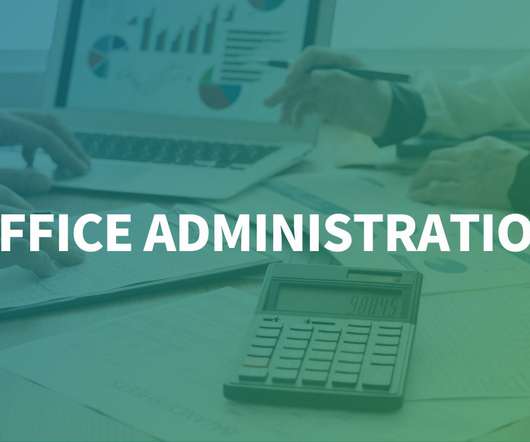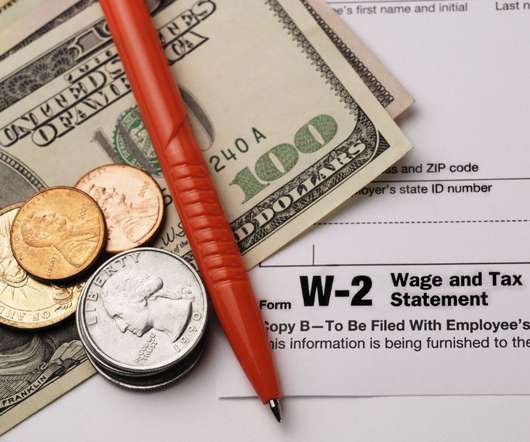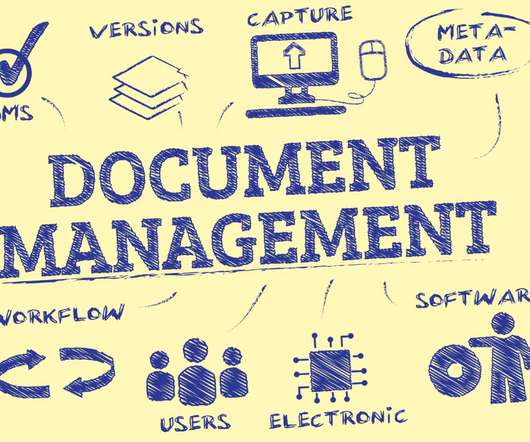Employee personnel files — what should and shouldn’t be included
BMT Office Administration
NOVEMBER 21, 2022
While some variance may occur between companies, certain papers commonly belong in these files and some definitely do not. Think of an employee’s personnel file as a history of the individual’s employment relationship with the company. Agreements related to the use of a company car or business credit card. Doctor’s notes.

















Let's personalize your content